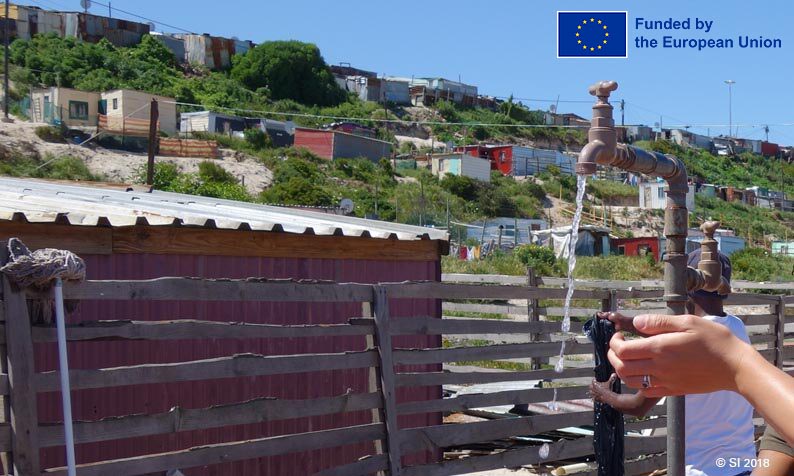Investigating the role of quality of governance and co-production for quality of life and well-being in informal settlement communities
The research project WISER – Well-being in a Sustainable Economy Revisited, aims to promote productivity growth while also ensuring inclusive well-being and sustainable development.
It uses multidisciplinary research approaches to analyze the connections that balance economic growth with sustainable well-being. The project takes into consideration the needs of disadvantaged groups and draws from case studies in Africa and other regions. It is funded by the EU under the Horizon 2022 framework “Transformations – Public policies and indicators for well-being and sustainable development”.
In the course of this research project, the Department of International Urbanism is leading a qualitative study titled “THE ROLE OF QUALITY OF GOVERNANCE: THE LINK BETWEEN CO-PRODUCTION PROCESSES AND WELL-BEING IN INFORMAL SETTLEMENT COMMUNITIES” in an informal settlement in Cape Town, South Africa, where we will work in close cooperation with our local partners, the non-profit organization Violence Protection through Urban Upgrading (VPUU).
The project will analyze specific spaces and facilities produced by and with residents through social science and cartographic methods. Data collection will include transect walks, observation, focus group discussions with selected representatives of the settlement, qualitative interviews with individual residents, photo voices and mapping. The study aims to capture aspects of co-production, such as appropriation processes, identity formation, and governance constellations in an exemplary informal settlement. It aims to examine the contributions of the co-produced interventions to social cohesion and the improvement of living conditions, quality of life and subjective well-being.
Based on this study, recommendations will be formulated on how co-production can be promoted to improve well-being in informal settlements, supported through suitable governance constellations.
Image credit: SI 2018



